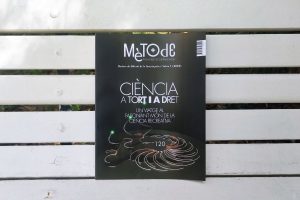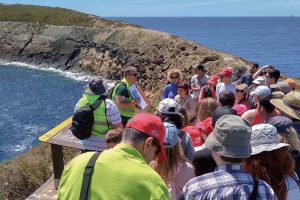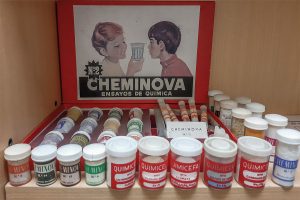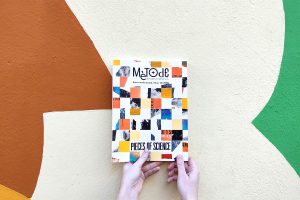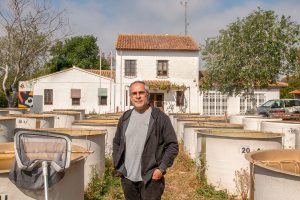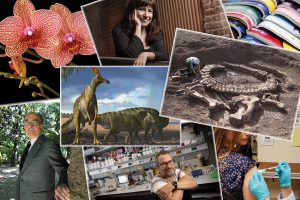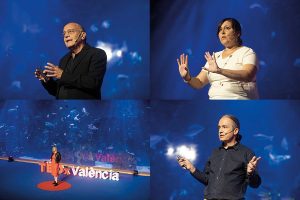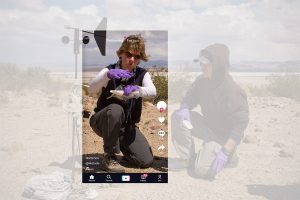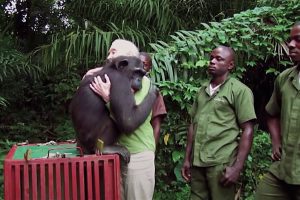Search
Mètode monograph 120 explores recreational science as a playful way of popularising science and engaging the public's curiosity.
This article reflects on outdoor recreational science and its relationship with teaching, scientific dissemination, collecting, and geological tourism.
Recreational chemistry allows us to visualise and participate in practical experiences that are not always easily accessible, but it is important that it does not obscure the scientific knowledge that we want to transmit.
One way to stimulate interest in physics is to expose people to experiences that arouse their curiosity and lead them to seek explanations for phenomena.
Volume 14 of this English-language publication brings together the monographs published in 2023 on topics as diverse as scientific and nature photography, dinosaurs, primates and storytelling in science.
Francesc Mesquita works at the Cavanilles Institute of Biodiversity and Evolutionary Biology, where he carries out research on aquatic invertebrates as indicators of water quality and evolutionary aspects.
As the year draws to a close, we at Mètode have compiled the ten most read articles of 2023. We hope you enjoy reading them and thank you for your continued support!
The plan to find a general definition of storytelling looked simple. Slightly unexpected problem, though… the simple, almost universal definition of storytelling was not found.
Review of the changes in the way science is presented to audiences through the new narratives offered by social networks.
This monograph provides new points of view on the role of stories in shaping scientific thought, and on the way in which this resource communicates science.

